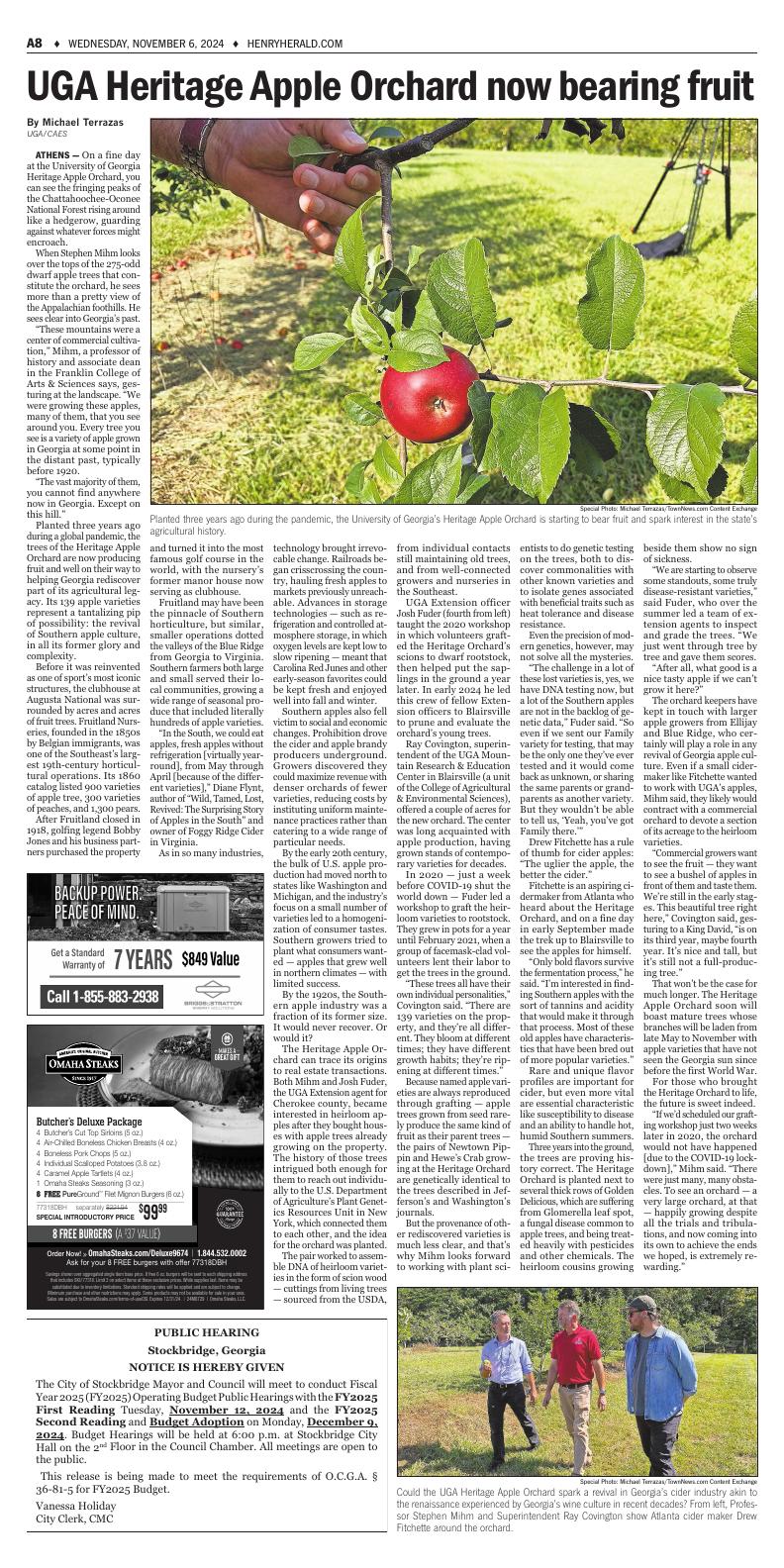William Lako: Beyond inheritance: The executor’s essential role in settling an estate
The unfortunate reality is that everyone passes away, leaving loved ones with the responsibility of settling the estate. It’s not a topic most people like to discuss, as it’s somber, and few want to think about the death of a loved one.
Being named the executor of an estate means taking on the responsibility of managing and settling a deceased person’s estate according to their will. Unfortunately, this role isn’t simply about distributing inheritances that might significantly change someone’s financial future. The responsibility is largely administrative. Therefore, the more that can be specified in the Last Will and Testament and planned beforehand, the easier the process will be for grieving heirs.
The decedent’s Last Will and Testament generally dictate the executor’s duties. For example, the Will might specify that Aunt Fran should receive the Florida beach house; however, distributing assets comes much later in the process. First, the executor must assess the estate and submit the Will to the probate court to be certified as the executor. Although not required by law in Georgia, most wills go through probate to enable the executor to transfer property. The probate process also validates the Will, ensuring the deceased’s wishes are honored and the estate is distributed as intended. The probate process can take anywhere from weeks to months, and during that time, the executor manages the estate’s finances, which may include maintaining property, paying bills, and handling other necessary tasks to preserve the estate’s value. Funeral costs, court fees, and administrative fees take precedence at this stage.
Once confirmed by the probate court, the executor locates and secures all of the deceased’s assets, including bank accounts, real estate, investments, and personal property. The executor must also identify and pay off any outstanding debts, such as credit cards, mortgages, or personal loans, as well as any taxes owed by the deceased, including estate and income taxes. Typically, there is a grace period of six months to allow the executor to assess all debts and settle accounts. When the decedent’s debts exceed the value of the estate, creditors generally receive a pro rata share of the estate, which may leave nothing for the heirs. Provided the heirs or executor have not co-signed any debts, they are not personally responsible for the outstanding bills. Creditors are only entitled to assets that are part of the estate and subject to probate, so there is no liability for next of kin.
Some assets bypass probate, such as accounts with beneficiary designations, retirement accounts, insurance policies, transfer-on-death accounts, and jointly owned assets. These transfer directly to the named beneficiary and are considered outside the estate, so creditors cannot access that money. Additionally, if assets are placed into a revocable trust, they are generally shielded from the probate process and may even bypass creditors, reducing the executor’s burden.
Named heirs receive their inheritance only after all debts and taxes have been paid. The Will dictates how assets are to be distributed. An executor has a fiduciary duty to act in the best interests of the estate and beneficiaries. The more planning and organization that can be completed during your lifetime, the easier the process will be for the loved ones left behind.
William G. Lako, Jr., CFP®, is a principal at Henssler Financial and a co-host on “Money Talks” — your trusted resource for your money, your future, your life — airing Saturdays at 10 a.m. on AM 920 The Answer. Mr. Lako is a CERTIFIED FINANCIAL PLANNER™ professional.






























